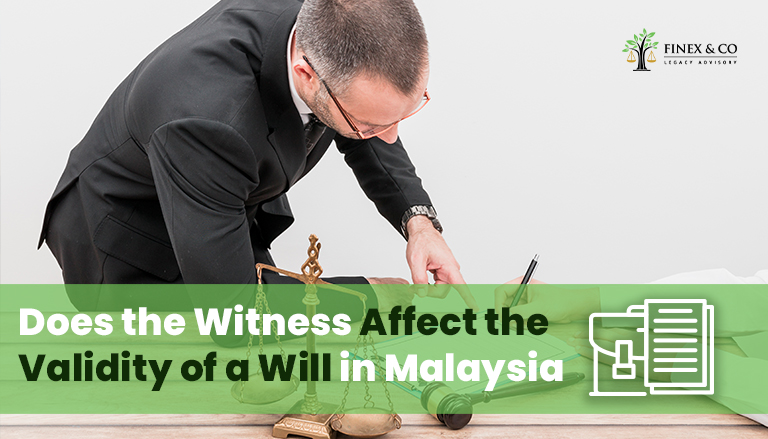Will serves as a crucial legal document expressing an individual’s wishes for the distribution of their assets, property, and belongings following his/her demise. In Malaysia, for a Will to be considered valid, it must include beneficiary(ies), asset(s) and property(ies), provisions for guardianship in case of minors, and importantly, the signatures of at least two witnesses. It’s noteworthy that no stamping is required to validate a will.
Who can be a witness for a Will in Malaysia?
In Malaysia, there is no specific law specify the requirements for witnesses to a Will. However, there are general guidelines that are commonly followed. Witnesses should be individuals aged 18 or above, sound mind, and third party to the testator.
Who cannot be a witness for a Will in Malaysia?
Section 9 of Wills Act 1959 expressly prohibits beneficiaries and their spouses from acting as witnesses to a will. This restriction aims to prevent doubts about the testator’s intentions and to avoid concerns of undue influence. The presence of interested parties or their spouse as witness may raise questions about the authenticity of the testator’s intention, as they could potentially benefit from the terms of the will. A case illustrating this point is Harjinder Kaur A/P Sham Singh & Anor v Balvinder Singh A/L Sam Singh & Ors [2017] 1 LNS 1490.
Witnesses to a will are expected to be impartial and objective. This requirement helps ensure that the witnesses can testify independently about the testator’s mental capacity and the voluntary nature of the Will without being influenced by personal interests.
What a witness does?
During the will signing: Witnesses play a crucial role in acknowledging the testator’s signature and ensuring the testator is of sound mind during the signing of the will, as stated in Section 5(2) of Wills Act 1959. However, they are not required to read the will or know its contents.
After the testator has passed away: Subsequent to the testator’s demise, witnesses are not required to appear in court; they are merely required to affirm an affidavit confirming the proper execution of the will (Order 71 Rule 9(1) of Rules of Court 2012). This affidavit becomes essential during the application for the grant of probate.
Conclusions
The role of witness in the creation and validation of wills in Malaysia is pivotal in upholding the integrity of testamentary wishes. The eligibility criteria for witnesses, combined with strict prohibitions against beneficiaries serving in this capacity, emphasize the importance of impartiality and independence in the witnessing process.
As guardians of the testator’s intentions, witnesses play a dual role, i.e. ensuring the soundness of mind during the will signing and later affirming the due execution in the posthumous stages. By adhering to these legal prerequisites, individuals can safeguard the validity of their wills, ensuring a smooth and unambiguous transition of assets according to their wishes. Understanding the nuances of witness qualifications is not merely a legal formality but a vial step in securing the lasting impact of one’s legacy.
You may make an appointment with our legal advisor here:
https://calendly.com/finex-and-co-legacy-advisory/tea-talk-with-legal-expert






